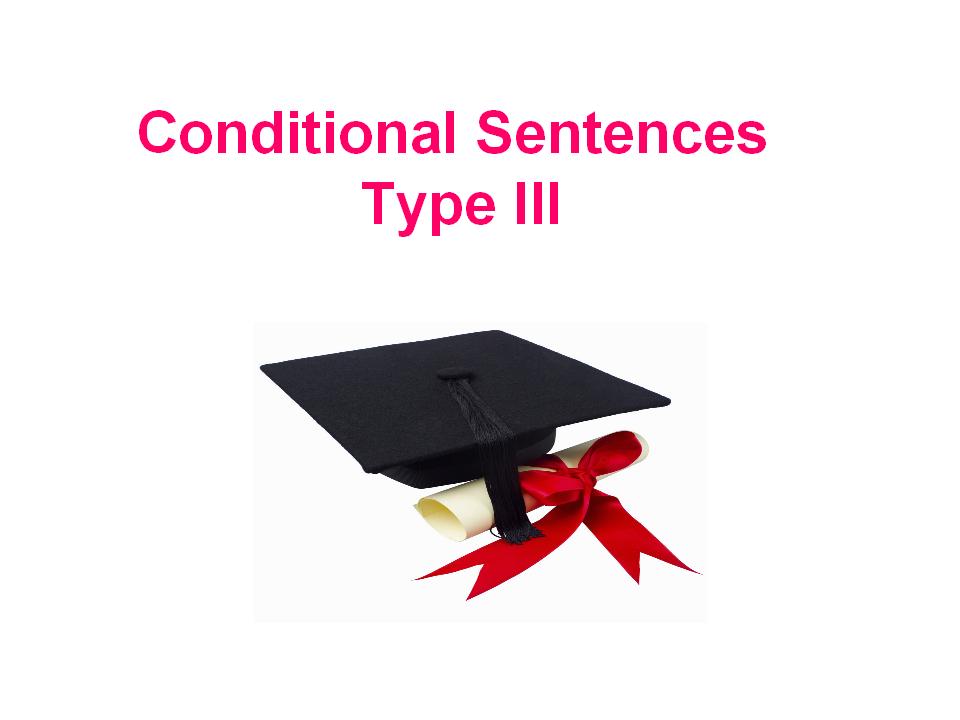1. Paco's camera battery ran out
Conditional sentences can be real and unreal. Real conditional describes real-life situations while unreal conditional describes unreal, imaginary situations. Although the various conditional forms might seem quite abstract at first, they are actually some of the most useful structures in English and are commonly used in everyday conversations.
When Paco arrived in Washington D.C., he was really tired after his days in New York. But he didn't want to relax and miss the chance to get to know the capital of the States in depth. So he took his camera and the guide book about Washington he had bought at the airport and started to walk around the city.
Paco would have bought a 16 GB memory card for his camera if he had known that he was going to take so many pictures. And he would have charged the battery if he had realized that his camera had run out of energy.
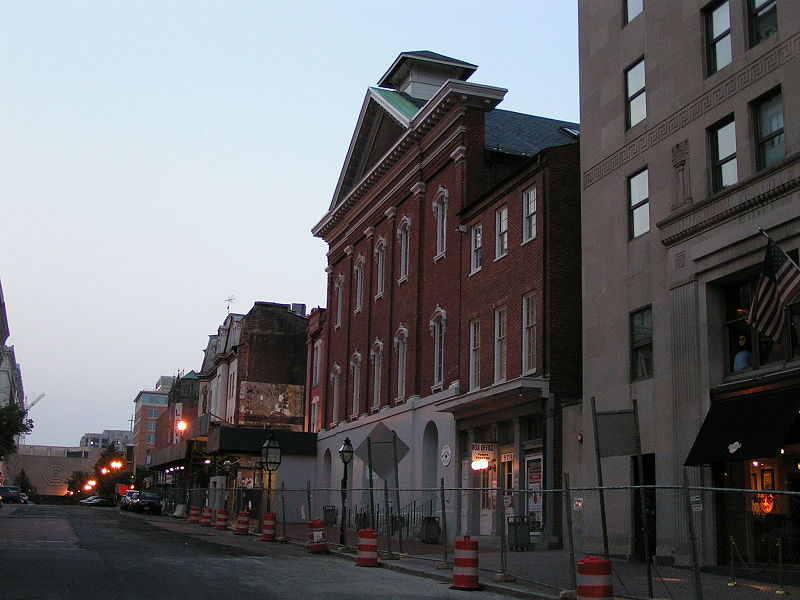 |
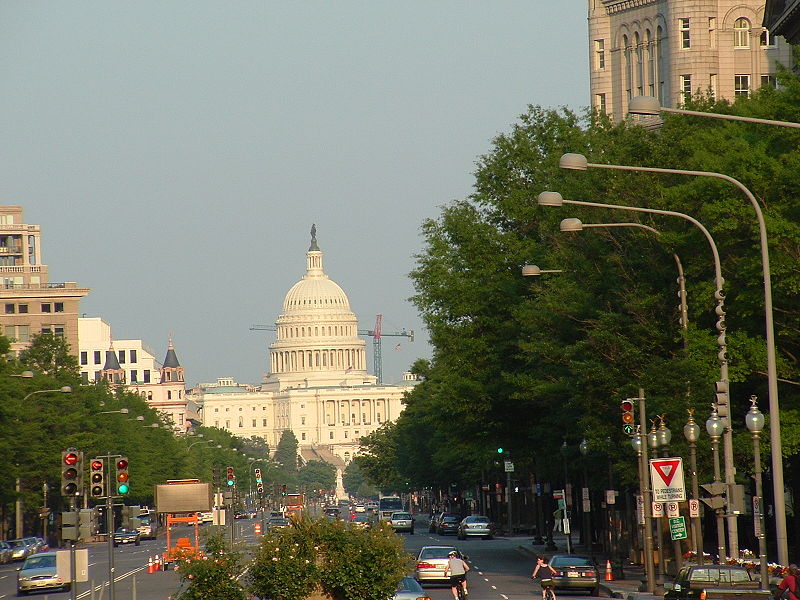 |
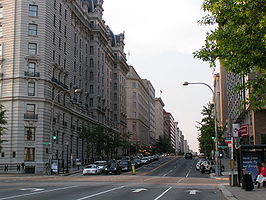 |
| By Henry Camacho. GNU license. | By Henry Camacho. GNU license. | By Henry Camacho. GNU license. |
Washington was so different from New York! There were so many places to visit that it was a pity that Paco couldn't have taken as many pictures as he had liked, above all in the National Mall, which is an open-area national park in downtown Washington, D.C.
The National Mall is a unit of the National Park Service. The term National Mall commonly includes areas that are officially part of West Potomac Park and Constitution Gardens to the west, and it is often taken to refer to the whole area between the Lincoln Memorial and the Capitol, with the Washington Monument providing a division slightly west of the centre.
|
a) ... impossible situation. | |
|
b) ... possible situation. |
|
a) ... happened in the past.
| |
|
b) ... did not happen in the past.
|
|
a) past perfect tense
| |
|
b) simple past tense
|
The first conditional and second conditionals talk about the future. With the third conditional we talk about the past, about a condition in the past that did not happen. That is why there is no possibility for this condition:
| CONDITION |
RESULT |
|
| Past Perfect | WOULD HAVE + Past Participle | |
| If | I had played tennis better | I wouldn't have lost the game. |
Notice that we use the past perfect tense to talk about the impossible past condition. We use WOULD HAVE + past participle to talk about the impossible past result. The important thing about third conditional sentences is that condition and result are impossible.
1) I would have gone on foot if it __________ so much. ( not rain)
2) If I had won the lottery, I __________ around the world. ( travel)
3) The students __________ the test if they had studied harder. (pass)
4) If my father hadn't been so busy he __________ me a hand. (give)
5) If you __________ to New York city with me, you would have enjoyed it. (come)
| |
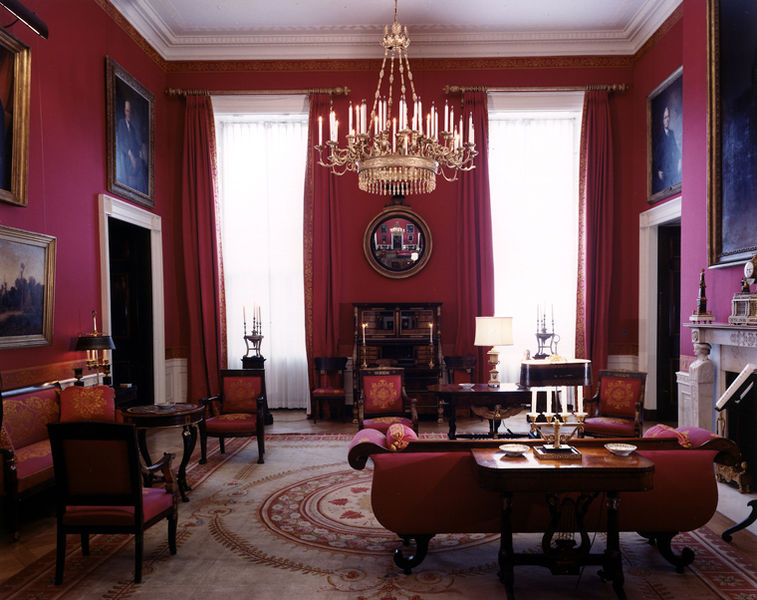 |
| By upstateNyer. Creative Commons. | By GearedBull. Public domain. |
Today, the White House Complex includes the Executive Residence (in which the First Family resides), the West Wing (the location of the Oval Office, Cabinet Room, and Roosevelt Room), and the East Wing (the location of the office of the First Lady and White House Social Secretary), as well as the Old Executive Office Building, which houses the executive offices of the President and Vice President.
The White House is made up of six stories—the Ground Floor, State Floor, Second Floor, and Third Floor, as well as a two-story basement. The term White House is regularly used as a metonym for the Executive Office of the President of the United States and for the president's administration and advisors in general. The property is owned by the National Park Service and is part of the President's Park. In 2007, it was ranked second on the American Institute of Architects's list of "America's Favorite Architecture."
Taken from Wikipedia.
 |
| By A.M.Al Mutawee. Creative Commons. |
could have + past participle:
should have + past participle:
might/may have:
If you need to remember the first and second conditionals, then have a look here.
English conditionals: type III.
A lot of information about the conditionals (in Spanish).
Here you have some exercises to practice the third conditional:
| Exercise 1 | Exercise 2 | Exercise 3 |
| Exercise 4 |
Exercise 5 |
Exercise 6 |
Would you like to see inside the White House? Watch the video. You'll be surprised.
We hope you don't have any questions about the uses and form of the type 3 conditional sentences. Now let's have a look at the special linguistic features of American pronunciation.
